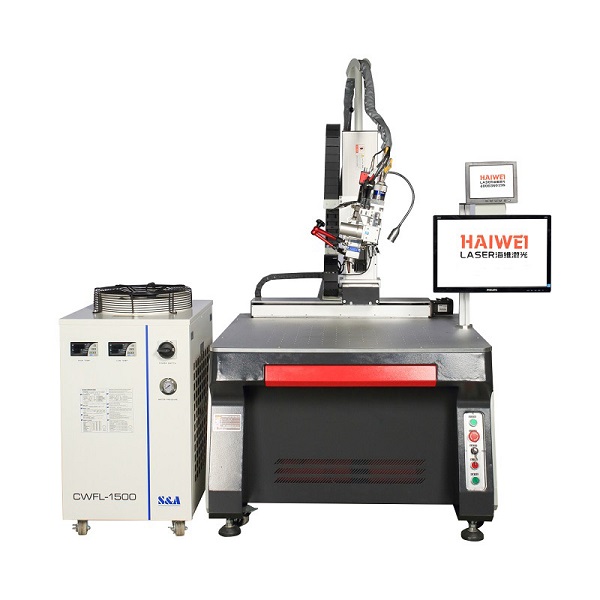Applications of Laser Welding Machines in the Photovoltaic Industry
The photovoltaic (PV) industry is experiencing rapid growth, driven by global demand for renewable energy. In this context, laser welding machines have become indispensable tools for manufacturing high-efficiency solar panels. Their precision and versatility offer significant advantages over traditional welding methods.

Precision Welding for High Efficiency
In PV module assembly, the connection between cells must be as efficient as possible to minimize resistance losses. Laser welding machines provide pinpoint accuracy, ensuring that only the intended areas are heated. This precision minimizes thermal impact on surrounding materials, which can degrade performance. The result is a robust weld with low electrical resistance, contributing to higher overall panel efficiency.
Versatility Across Materials
The diversity of materials used in PV technology requires flexible welding solutions. Whether it's copper, aluminum, or specialized alloys, laser welding machines can handle them all without introducing contaminants or damaging delicate substrates. This adaptability makes them ideal for applications such as interconnects, busbars, and frame attachments in both crystalline silicon and thin-film solar panels.
Automation and Scalability
Modern laser welding machines integrate seamlessly into automated production lines, enabling mass production of solar panels with consistent quality. Automated systems can adjust parameters in real-time based on material thickness and type, ensuring uniform welds across batches. For manufacturers looking to scale operations, investing in scalable laser welding solutions offers clear benefits over manual processes.
Enhancing Durability and Reliability
Solar panels must withstand harsh environmental conditions over decades. Photovoltaic laser welding creates strong, durable joints that resist fatigue and corrosion better than soldered connections. This longevity is crucial for maintaining long-term energy output and reducing maintenance costs. Additionally, laser welding reduces the risk of micro-cracks forming during the joining process, further enhancing panel reliability.
Environmental Benefits
The use of laser welding machines in PV manufacturing contributes to sustainability efforts beyond just producing clean energy. These systems consume less power compared to conventional welding technologies and produce minimal waste. Moreover, their ability to work with thinner materials helps reduce the amount of raw material needed, leading to more eco-friendly production practices.
For companies in the PV sector, adopting laser welding machines represents a strategic investment in future-proofing their production capabilities. By offering superior precision, material compatibility, automation potential, and environmental benefits, these machines enable manufacturers to meet rising demand for high-quality solar panels while maintaining competitive edge. Choosing a reliable supplier who provides comprehensive support and continuous innovation will ensure successful integration and operation of these advanced systems.
Recent Posts
- What are the advantages of laser welding machines in lithium battery pack production lines?
- What issues should be noted when choosing a lithium battery pack production line?
- Quality Inspection and Control of Lithium Battery Module Pack Production Line
- Cell grouping and sorting process in lithium battery module pack production line
- What are the safety hazards of lithium battery pack production lines and how can they be prevented?
INQUIRY

